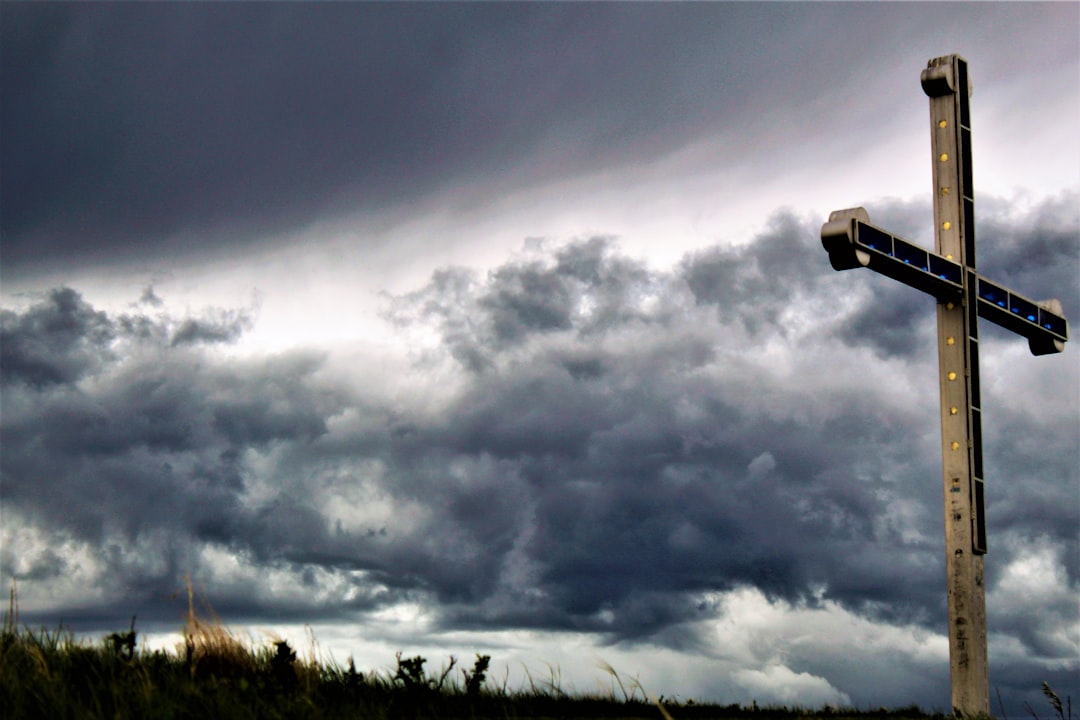What is it about?
"Post-truth" is a heated topic in recent years. How can we make sense of it from a theological perspective? How do theologians understand the post-truth phenomenon so far? This essay studies the theological response to it hitherto and suggests a way to engage it by employing a German theologian, Paul Tillich's legacy. It attempts to show that this theological reflection can stimualte the public to rethink about the phenomenon.
Featured Image

Photo by Kayla Velasquez on Unsplash
Why is it important?
Instead of viewing "post-truth" merely as a "problem" which many people perceive and so immediately desires to "resolve," this essay reveals the very nature and the complexity of the post-truth phenomenon, and subsequently it underscores the "religious" or the quasi-religous dimension of the phenomenon. Correspondingly, it highlights the relevancy, the critique, and the contribution of theology in reflecting on the post-truth politics.
Perspectives
This essay is probably the most comprehensive and provoking piece in thinking about the post-truth phenomenon from a theological angle hitherto. I'm happy that some seminaries in the U.S. have told me that they have listed this article as one of their readings or teaching materials of courses which talks about the post-truth phenomenon. I hope the essay can inspire us to reconsider the concern and the contribution of theology to the public.
Dr. Ben Siu-pun Ho
Read the Original
This page is a summary of: Confronting the Ideology Behind the Post-Truth Phenomenon: Outlining a Public Theology of Ultimate Concern, International Journal of Public Theology, December 2021, Brill,
DOI: 10.1163/15697320-01540018.
You can read the full text:
Resources
Contributors
The following have contributed to this page










